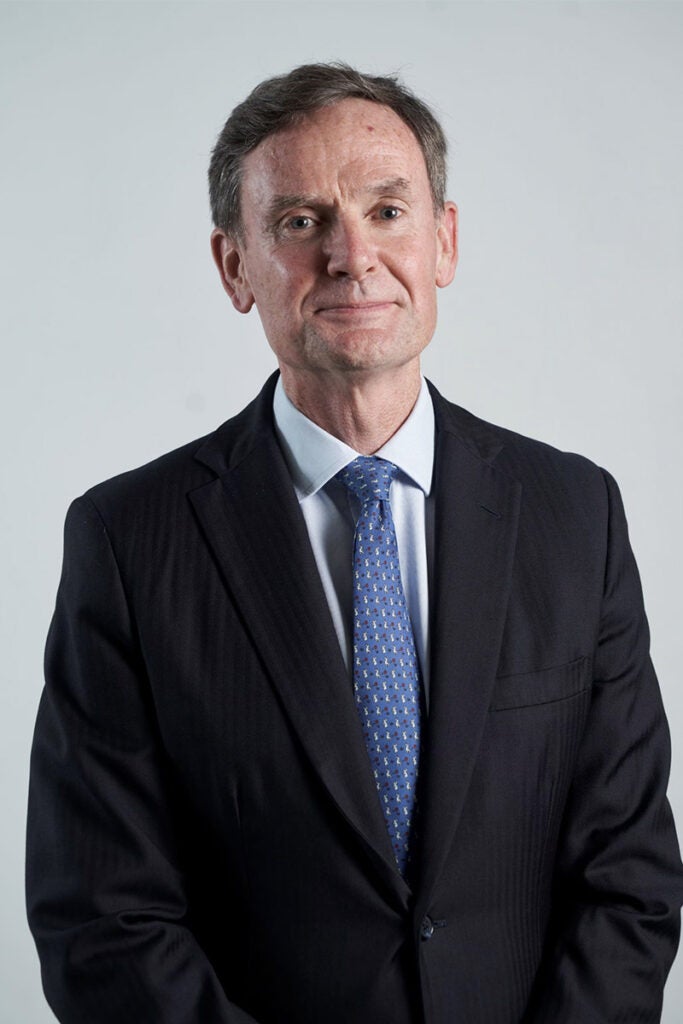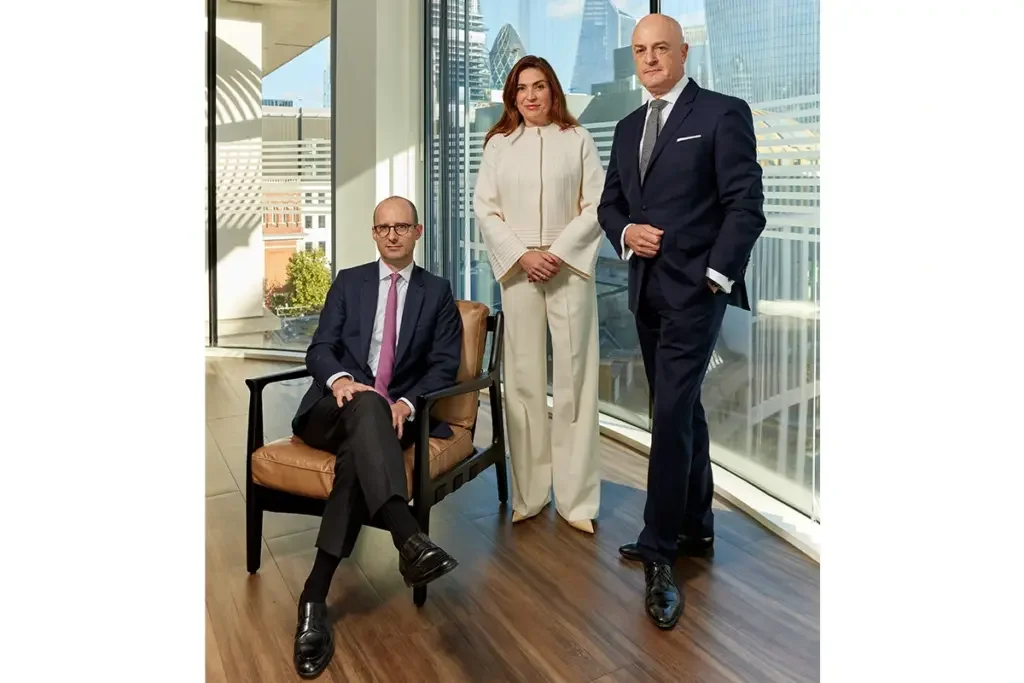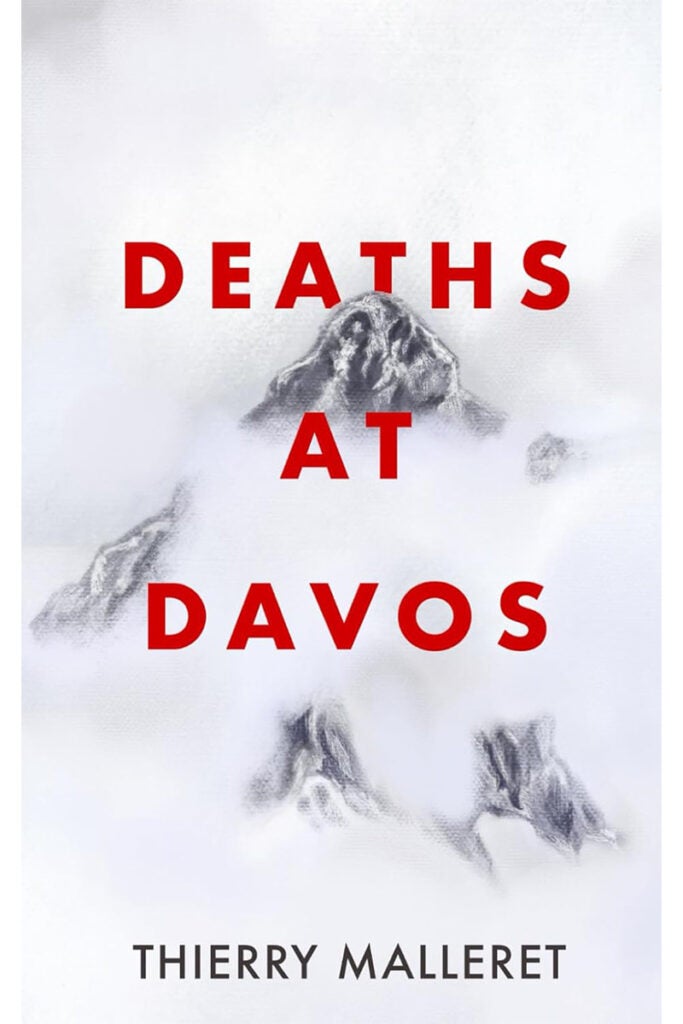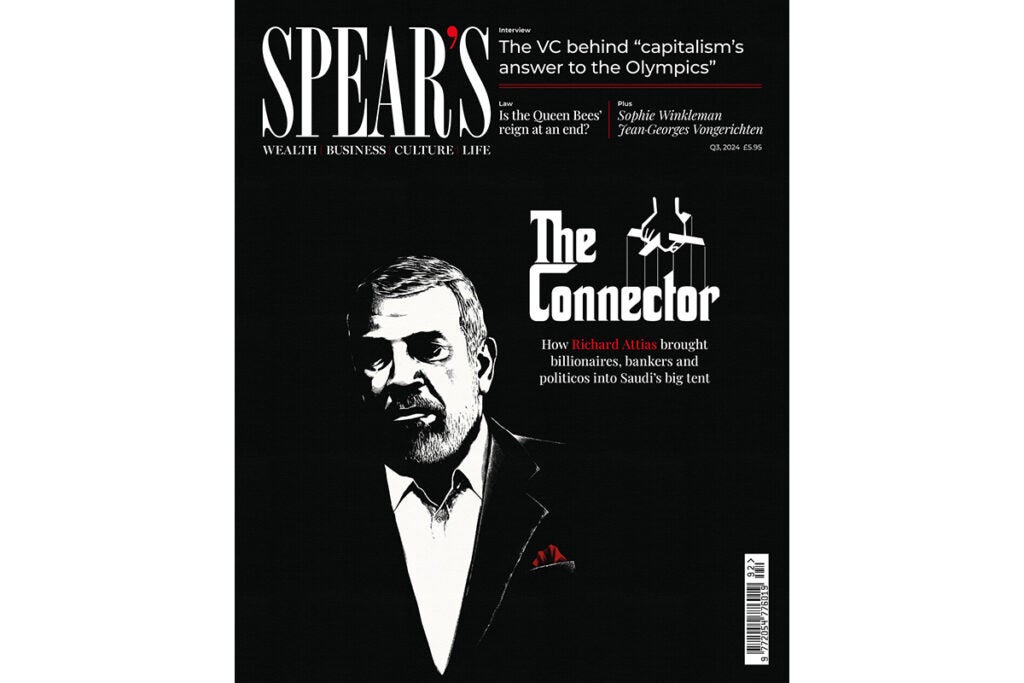
Haircut for SJP partners?

New St James’s Place CEO Mark FitzPatrick – formerly CFO and interim CEO of Prudential – has been carrying out a strategic review of the operations of Britain’s biggest wealth manager, which has £170 billion in funds under management. At the heart of it is SJP’s fees and advice structure, ensuring it’s fit for purpose following the introduction of new ‘Consumer Duty’ requirements introduced by the FCA.
[See also: The challenge of ‘consumer duty’]
A case in point was the announcement last October that the FTSE 100 wealth manager was dropping exit fees from all new investment bond and pension customers in 2025. Of that announcement FitzPatrick commented: ‘We are implementing our programme to simplify our charging structures, which will be completed in the second half of 2025. The changes enhance the value that clients receive and introduce improved comparability that will help market perceptions of our services.’
Which sounds very much like code for reducing charges on customers – and perhaps, therefore, even an end to the much-maligned exit fees SJP charges existing customers, too. This, of course, would reprice the firm’s book of business, with the hit being felt either by the firm itself and/or its 2,600 partnership businesses, through which it delivers its products and services.
‘My understanding of the review is that it’s about fees and advice,’ says Hedgehog’s source, who adds that some things that have been ‘working really neatly from the business’s point of view’ aren’t necessarily so good for SJP’s customers. ‘That needs to change – therefore there’s repricing of the services provided, but also the repricing of the books of business.’
The mole adds that the shift ‘doesn’t have to be cataclysmic, but it’s just not quite as plump with profit as partners might have anticipated’. Apparently all will be revealed when the CEO delivers the half-year statement at the end of July.
Julie’s reborn

A revered celebrity hangout since opening its doors in 1969, glitzy eaterie Julie’s is back after a major 10-month refit by new owner Tara MacBain, who brought in 5 Hertford Street designer Rosanna Bossom to effect a colourful transformation at the Holland Park ‘neighbourhood’ restaurant. At the stoves is new chef-patron Owen Kenworthy, who says they will be serving ‘humble, honest, modern French food’.
[See also: How 5 Hertford St became the most influential members’ club in the world]
‘The one thing that I personally hate is leaving a restaurant and not being able to remember what you’ve eaten because there are too many ingredients on the plate,’ says the unpretentious Kenworthy. ‘And feeling hungry as well – the last thing I want for anyone coming to Julie’s is to eat the food and then go to Pret a Manger in Holland Park because they’re starving.’
Quite right.
Crystal Tips

There should be no sniggering about the fact that incoming Coutts CEO Emma Crystal spent more than 11 years of her career climbing the greasy pole at Credit Suisse, finally becoming the Swiss bank’s chief sustainability officer… a year before its ignominious collapse.
[See also: Downfall of a banking giant: how Credit Suisse took its final tumble]
Crystal is well thought of by those who worked with her at the Swiss wealth manager’s London office a decade ago. ‘Very personable, straight talking, capable,’ says one. But there’s consternation, too, at her appointment. ‘It wasn’t the first name, it wasn’t the 10th name – not the 20th name on people’s lists,’ says an industry observer. ‘Given her role at CS and the fortunes of that company, for her to navigate that… It’s incredible. Well done her.’
Schilling stuff

Having launched a communications advisory division – led by former Sun political editor George Pascoe-Watson and former Labour spin-master Victoria O’Byrne – law firm Schillings has unveiled its new branding. ‘High stakes, handled since 1984,’ it declares.
[See also: The velvet glove: why Schillings is branching out into strategic communications]
Playing with this celebration of the firm’s 40th anniversary, the accompanying visuals feature an old-fashioned typewriter with various Orwellian phrases emerging on the paper from the spool – including ‘newspeak’, ‘thoughtcrime’, ‘doublethink’ and ‘doublespeak’.
‘God knows what George Orwell would have made of it,’ declares a wag. Presumably, if he does, the Good Lord is wise enough to keep schtum. After all, not even he wants to receive a letter on Schillings’ headed paper…
Reality bites

The tantalising question in Deaths at Davos – a new thriller set against the annual World Economic Forum jamboree in Switzerland – is this: who gets the chop?
[See also: Is this the death of Davos?]
Rated by Bill Browder (‘a gripping read’), the novel touches on ‘Russia’s war in Ukraine, the US election, the tectonic changes in the geopolitical landscape [and] the green transition’,
says author Thierry Malleret, whose day job is writing The Monthly Barometer, a newsletter for family offices and investors.
The book is ‘to a large extent based on my first-hand experience of Davos and my impressions of it’, adds Malleret. ‘Some will see the WEF imprint on it.’ And what of a sequel? ‘That will depend on how the world evolves between now and January 2025,’ he whispers. Trump that.
Dawn of the Daggers

A zero-star review from the Guardian would knock many people’s confidence. But not Daniel Daggers, Spear’s Top Recommended property adviser and star of Buying London, Netflix’s show about the capital’s super-prime property market.
Despite the Graun’s slings and arrows, the show has been a ratings hit and – better yet – has precipitated a deluge of enquiries to Daggers’ firm, DDRE Global. ‘It’s been huge,’ says the private client industry’s very own matinee idol. ‘We’ve got very comfortably over £270 million worth of real estate that’s found its way to us for marketing and sale – let alone the lettings side of the business. We’ve got tons of people that want to join the business and our clients are extremely happy with the attention their properties are getting. Our website has been visited
two million times in the past 10 days.’
Spear’s understands that the unaired pilot for the show also featured another titanic figure from the London real estate landscape: Gary Hersham of Beauchamp Estates. Hersham tells Spear’s: ‘I showed [the pilot episode] to my family and they said, “You’re mad, don’t you dare do it.” So I didn’t.’
[See also: 1 Mayfair: John Caudwell’s £2 billion London property scheme nears completion]
Hersham, it appears, was under the impression it was a property documentary. He agrees with critics who say it fails to show the world of estate agency accurately and also points out that, aside from properties owned or being developed by former telecoms magnate John Caudwell, few prime central London homes were actually in it. But he concedes: ‘The show was beautifully filmed and Danny comes out of it very nicely. I think the rest of his team come out very poorly.’
Despite the show’s rating success, Hersham has no regrets about walking away. ‘None at all,’ he says. ‘I don’t want to be making a guest appearance in somebody else’s show. I didn’t want to be playing second fiddle to Danny Daggers.’
Be that as it may, Buying London has been a coup for Daggers, who is optimistic about a second season. ‘I’m pretty sure they’re going to come back knocking on the door,’ he says.
Finally, there’s more good news for Daggers – and his parents, seen in one episode imploring him to settle down romantically. ‘I’ve met somebody, which is great,’ he says.
As for his parents: ‘They’re very happy. They’re proud of their little boy and that makes me proud to go out and continue doing what I do.’
This feature first appeared in Spear’s Magazine Issue 92. Click here to subscribe







